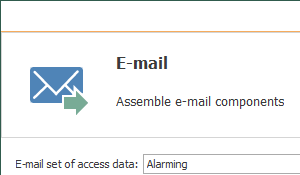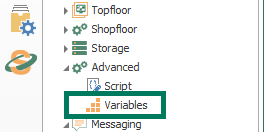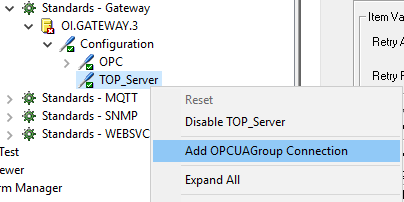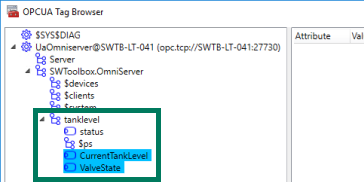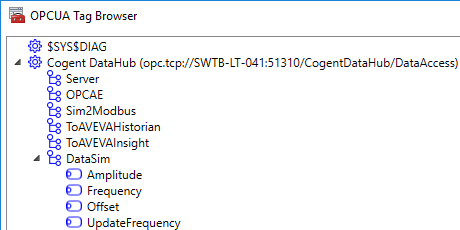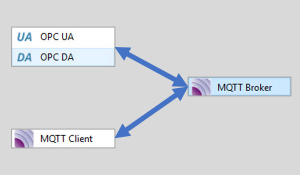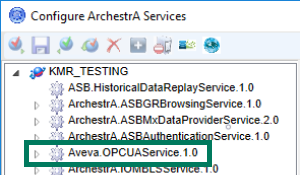It's important for any enterprise to have actionable data in the timeliest fashion for making decisions. Minimizing downtime and increasing performance are important to the profitability of any company and knowledge at the point of action is key.
To that end, automating notifications or reports based on the latest process data from your various systems can ensure you're never in the dark when it comes to your processes.
In this post, I will cover step-by-step how to easily automate email notifications and reports for OPC and data sources with the OPC Router for giving you and other decision makers the knowledge you need to make informed decision as quickly as possible.


